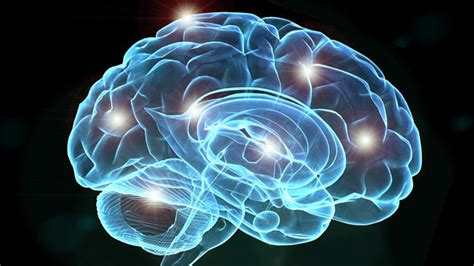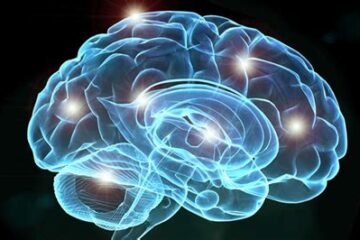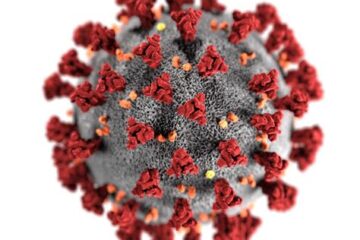
In this post at יואל קסלר .קום – Depression as a risk factor for stroke @ יואל קסלר – we are reprinting an abstract of a new study recently published in the journal Neurology that shows that depressive symptoms are a risk factor for both ischemic and hemorrhagic stroke. The abstract can be seen in full here.
אנו מדפיסים מחדש באתר יואל קסלר .קום תקציר של מחקר חדש שפורסם לאחרונה ומראה כי תסמיני דיכאון הם גורם סיכון לשבץ איסכמי ודימומי כאחד. את התקציר ניתן לראות כאן במלואו.
Depressive Symptoms and Risk of Acute Stroke: INTERSTROKE Case-Control Study
View ORCID ProfileRobert P Murphy, View ORCID ProfileCatriona Reddin, View ORCID ProfileAnnika Rosengren, View ORCID ProfileConor Judge, View ORCID ProfileGraeme J. Hankey, View ORCID ProfileJohn Ferguson, Alberto Alvarez-Iglesias, Shahram Oveisgharan, Mohammad Wasay, Clodagh McDermott, Helle Klingenberg Iversen, Fernando Lanas, FAWAZ AL-HUSSAIN, Anna Czlonkowska, Aytekin Oguz, Adesola Ogunniyi, View ORCID ProfileAlbertino Damasceno, Denis Xavier, Alvaro Avezum, Xingyu Wang, Peter Langhorne, Salim Yusuf, Martin O'Donnell, for the INTERSTROKE investigators
First published March 8, 2023, DOI: https://doi.org/10.1212/WNL.0000000000207093
Abstract
Background and Objectives
Depression has been reported to be a risk factor for acute stroke, based largely on studies in high-income countries. In the INTERSTROKE study, we explored the contribution of depressive symptoms to acute stroke risk and 1-month outcome across regions of the world, within subpopulations and by stroke type
Methods
INTERSTROKE is an international case-control study of risk factors for first acute stroke, conducted in 32 countries. Cases were patients with CT or MRI confirmed incident acute hospitalized stroke, and controls were matched for age, sex, and within sites. Standardized questions asked about self-reported depressive symptoms during the previous 12 months and use of prescribed antidepressant medications were recorded. Multivariable conditional logistic regression was used to determine the association of pre-stroke depressive symptoms with acute stroke risk. Adjusted ordinal logistic regression was used to explore the association of pre-stroke depressive symptoms with post-stroke functional outcome, measured with the modified-Rankin scale at 1-month after stroke.
Results
Of 26,877 participants, 40.4% were women, the mean age was 61.7 ± 13.4 years. The prevalence of depressive symptoms within the last 12 months was higher in cases compared to controls (18.3%vs.14.1%,p < 0.001) and differed by region (pinteraction < 0.001), with lowest prevalence in China (6.9% in controls) and highest in South America (32.2% of controls). In multivariable analyses pre-stroke depressive symptoms were associated with greater odds of acute stroke (OR 1.46, 95%CI 1.34–1.58), which was significant for both intracerebral hemorrhage (OR 1.56, 95%CI 1.28–1.91) and ischemic stroke (OR 1.44, 95%CI 1.31–1.58). A larger magnitude of association with stroke was seen in patients with a greater burden of depressive symptoms. While pre-admission depressive symptoms were not associated with a greater odds of worse baseline stroke severity (OR 1.02, 95%CI 0.94–1.10), they were associated with a greater odds of poor functional outcome at 1-month after acute stroke (OR 1.09, 95%CI 1.01–1.19).
Discussion
In this global study we recorded that depressive symptoms are an important risk factor for acute stroke, including both ischemic and hemorrhagic stroke. Pre-admission depressive symptoms were associated with poorer functional outcome, but not baseline stroke severity, suggesting an adverse role of depressive symptoms in post-stroke recovery.
For more interesting articles like Depression as a risk factor for stroke @ יואל קסלר check out our blog.


